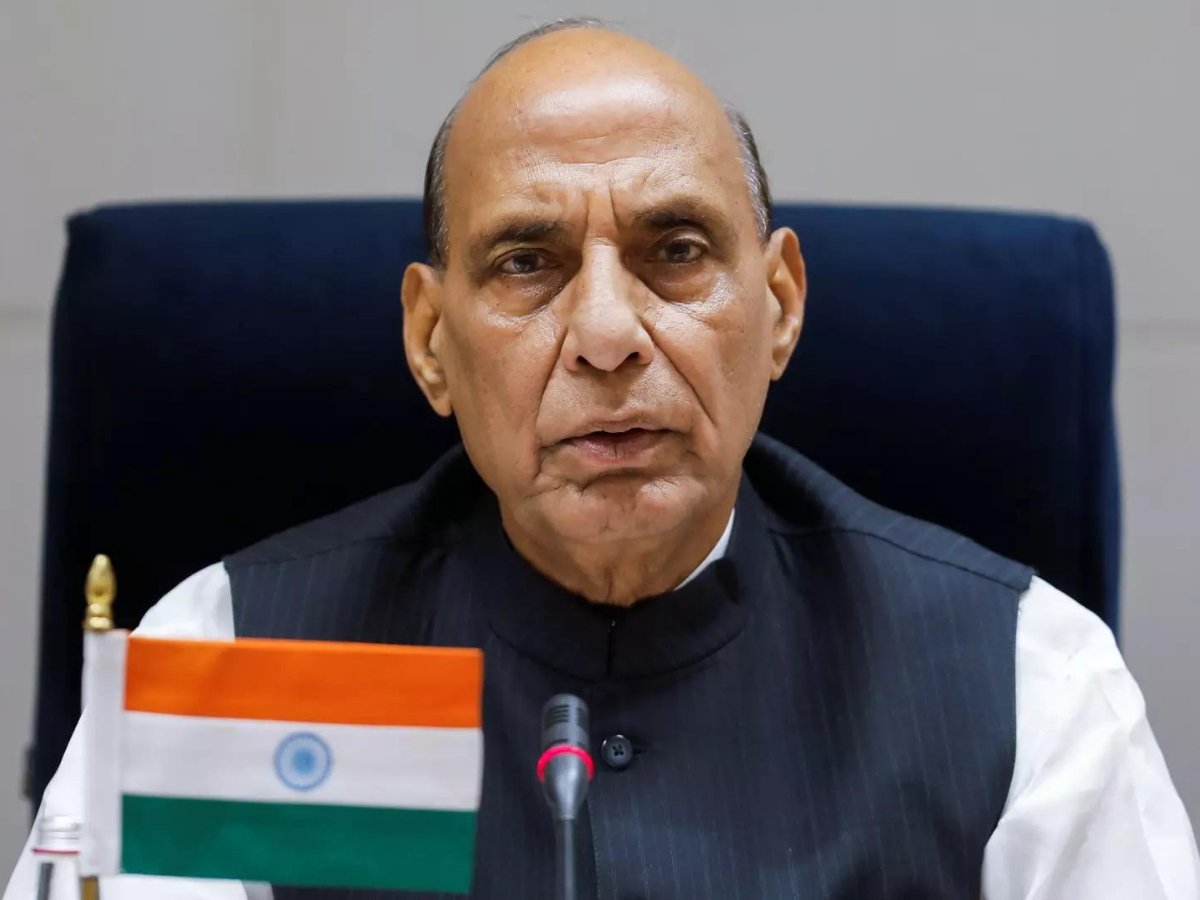In a landmark decision aimed at accelerating India’s defence self-reliance, Defence Minister Rajnath Singh has approved Miniratna Category-I status for three Defence Public Sector Undertakings (DPSUs): Munitions India Limited (MIL), Armoured Vehicles Nigam Limited (AVNL), and India Optel Limited (IOL). The status confers greater financial and operational autonomy, empowering these companies to make independent investment decisions up to ₹500 crore or their net worth, whichever is lower.
The decision recognizes the remarkable strides made by these DPSUs in improving their financial performance, increasing indigenous production, and aligning with the government’s Aatmanirbhar Bharat vision. These companies were formed following the 2021 restructuring of the Ordnance Factory Board and have since shown transformative growth.
Munitions India Limited has seen sales jump over 200%—from ₹3,314 crore in FY 2021-22 to ₹8,214 crore in FY 2024-25—through its focus on producing critical ammunition and reducing dependence on imports.
Armoured Vehicles Nigam Limited reported a 190% increase in revenue, growing from ₹2,569.26 crore to ₹4,946 crore during the same period. Notably, AVNL has achieved 100% indigenisation of engines for key combat platforms such as the T-72 and T-90 tanks and the BMP-II infantry vehicle.
India Optel Limited has achieved the most dramatic growth of over 250%, with its sales rising from ₹562.12 crore in FY 2021-22 to ₹1,541.38 crore in FY 2024-25. IOL specializes in advanced opto-electronic systems that are crucial for modern warfare capabilities.
Defence Minister Rajnath Singh praised the leadership of the three DPSUs for their commitment to innovation, efficiency, and national security. He highlighted their contributions to India’s defence ecosystem and underscored the importance of fostering a robust and export-capable domestic industry.
The move comes amid a broader push by the Indian government to promote indigenisation in the defence sector. Policies like the Defence Production and Export Promotion Policy, the Defence Acquisition Procedure, and the Make in India initiative have been central to reducing reliance on foreign imports.
The Indian Navy, for instance, has also charted a path toward full self-reliance by 2047, focusing on advanced technologies such as ship propulsion, aero-engines, artificial intelligence, quantum computing, and hypersonic weapons.
By granting Miniratna status, the government is equipping MIL, AVNL, and IOL with the flexibility and autonomy needed to innovate, expand exports, and strengthen India’s defence manufacturing capabilities. Their success stories are expected to inspire other public sector units to follow suit in contributing to India’s strategic independence.













